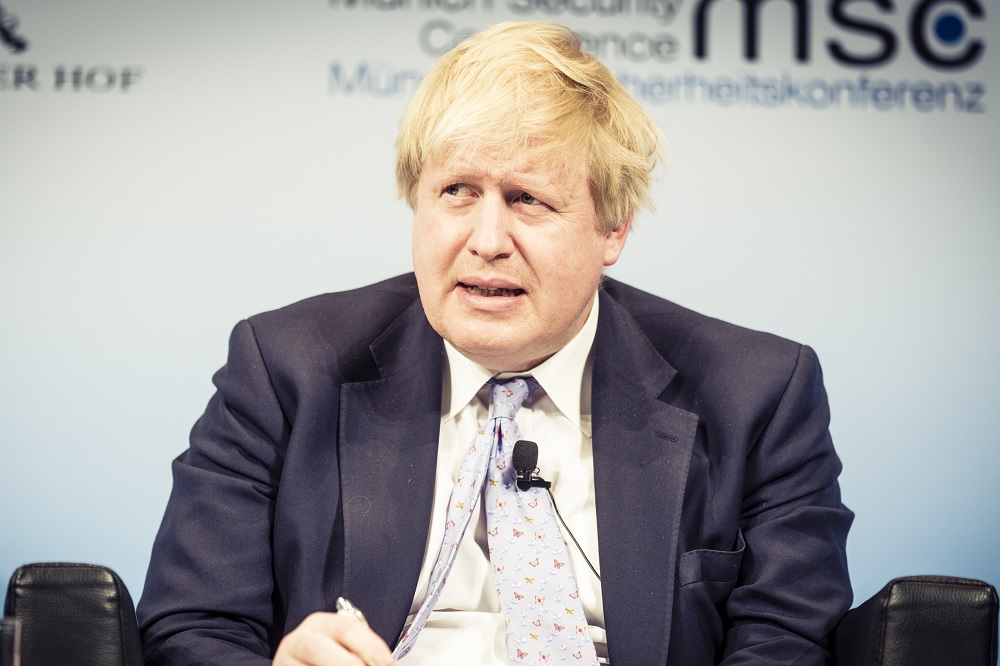Boris Johnson ‘can’t remember passcode’ to old phone with Covid WhatsApps

WhatsApp messages from Boris Johnson’s old mobile phone have still not been handed over to the UK Covid-19 Inquiry because he has reportedly forgotten the passcode.
The former prime minister stopped using the device in May 2021 due to security concerns but it likely contains crucial correspondence about the Government’s early pandemic response.
Mr Johnson’s spokesman did not deny that he cannot remember the code to unlock the iPhone, as first reported by The Times.
Government officials continue to try to securely retrieve the messages on the phone, which is being held by the ex-premier’s lawyers.
There are concerns the contents could be wiped if the wrong combination of numbers is entered, according to the newspaper.
He was advised not to access the phone again on security grounds while serving as Britain’s leader in May 2021, after it emerged his number had been freely available online for 15 years.
Lockdown
The device likely contains messages relating to the ordering of three lockdowns in 2020.
A spokesman for the former prime minister said: “The phone is in the possession of Mr Johnson’s lawyers.
“The Government’s own appointed technical experts continue to work to recover material safely from the device.
“As previously stated, Mr Johnson will co-operate fully with the inquiry.
“He wants to disclose any relevant material which is why he is fully co-operating with this process.”
The inquiry is aware of the efforts to securely extract any potentially relevant content from Mr Johnson’s old phone, it is understood.
A mobile security expert cast doubt on claims the messages cannot be accessed because of a memory lapse on Mr Johnson’s part.
Andrew Whaley, senior technical director at Norwegian cybersecurity company Promon, said: “This is a pretty lame excuse. Provided Boris’s WhatsApp is backed up, accessing the data would take minutes…
“As this is a diplomatic phone, the security measures may very well be different, but even still, it’s not an impossible task by any means.”
Notebooks
The Government handed over the rest of Mr Johnson’s unredacted notebooks, WhatsApp messages and diaries from his time in Downing Street to the inquiry after it lost its bid to prevent their release.
It had fought the request from inquiry chairwoman Baroness Heather Hallett to release them, arguing it should not have to hand over material that is “unambiguously irrelevant”.
But the argument was dismissed by the High Court last week.
The Cabinet Office had until 4pm on Monday to comply with its ruling to pass on the documents.
A Cabinet Office spokesperson on Wednesday said “all of the requested material” had been released to the inquiry.
It has been contacted for comment on Mr Johnson’s passcode.
Support our Nation today
For the price of a cup of coffee a month you can help us create an independent, not-for-profit, national news service for the people of Wales, by the people of Wales.







It’s just what the inquiry wanted to hear. When a custodian of alternative truth says they ‘can’t remember the passcode’, it clearly means that they CAN so tap it in and let the inquiry proceed.
Hand it over, many can bypass, pass codes. Just a useless arrogant liar.
Did anybody really expect honesty and respect for the inquiry from Boris or the UK Gov. This must be the first ever public enquiry, where the government that ordered the enquiry has so publicly tried to derail it and withhold information. This latest excuse is so childish and predictable it just shows the utter contempt this cabal has for the voters they are supposed to represent.